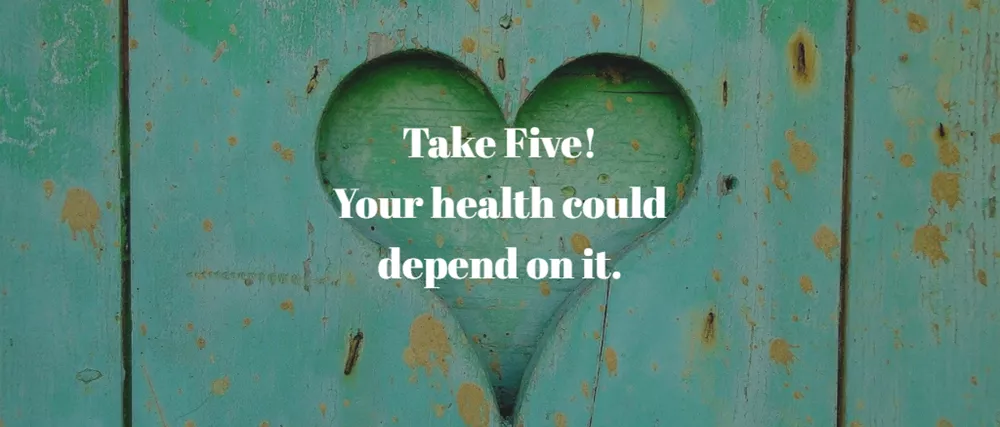In today’s fast-paced world, it’s not easy to slow down. Ever-growing demands on our time and increasingly higher expectations from others and of ourselves take their toll. And while long days and crowded commutes might be distant memories for many, for some, they’ve been replaced with job insecurity, health worries and social isolation.
The Mental Health Foundation’s 2018 survey found that almost three-quarters of us have at some point felt so stressed that we felt overwhelmed or unable to cope. For too many people, these feelings are ‘the norm’. They’re ever-present in our daily lives, leading us to believe ‘that’s just how it is’. That is until the inevitable happens and we burn out.
Burnout: A state of emotional, physical, and mental exhaustion caused by excessive and prolonged stress. And it occurs when we feel overwhelmed, emotionally drained, and unable to meet constant demands.
Our mental health is as important as our physical health, and so we need to take care of it in the same way. Yet many of us don’t. Its importance to us as individuals and as a society is emphasised by the inclusion of mental health in the UN’s Sustainable Development Goals.
Five minutes to better wellbeing
While none of us wants to witness another pandemic in our lifetimes, it has forced us to live a little differently throughout and rethink our lifestyle long term. Lockdown encouraged many of us to spend more time outdoors and make nature part of our daily lives since. And whether we realise it or not, our mental health is reaping the benefits.
Spending time outdoors in green spaces is proven to boost our wellbeing. From reducing stress, improving sleep, and increasing happiness to enhancing our memory, attention and creativity, the benefits of reconnecting with nature are indisputable. In fact, in some parts of the UK and beyond, GPs are prescribing time in nature to support better mental health. As little as five minutes spent in green space can improve our mood and reduce fatigue.
Step into your garden, search out your local park, take a wander by water or relax in a green-infused courtyard. We can all take five minutes – what will you do today?
Staying mentally healthy in the digital era
Nature is nothing new, and while its contribution to helping care for our mental health has only recently been recognised, we can’t class it as innovative. However, caring for our mental health is receiving much attention from digital innovators. While there’s an argument that the online world contributes to poor psychological and emotional health, digital technology has the power to redress the balance.
Apps designed to help us be mentally healthy are popping up everywhere, and many are free to download. They’re making support more accessible and provide anonymity too, removing barriers and encouraging more of us to help ourselves or seek out an expert. And while all apps are not created equal, many incorporate proven techniques such as Cognitive Behavioural Therapy (CBT) and Acceptance Commitment Therapy (ACT).
Innovation-spotters at Springwise have seen an explosion of digital innovation in managing mental health beyond apps, such as wearable headsets that treat depression and sensors that measure emotional wellbeing. We all have more opportunities than ever before to stay mentally healthy.
Discover apps to help you take care of your psychological and emotional health: https://www.nhs.uk/apps-library/category/mental-health/
Boost your wellbeing with nature: https://www.mentalhealth.org.uk/sites/default/files/Thriving-With-Nature-compressed.pdf
Find more resources: https://www.mind.org.uk/
So, if you only do one thing today to care for your mental health, ask yourself: How am I feeling?

